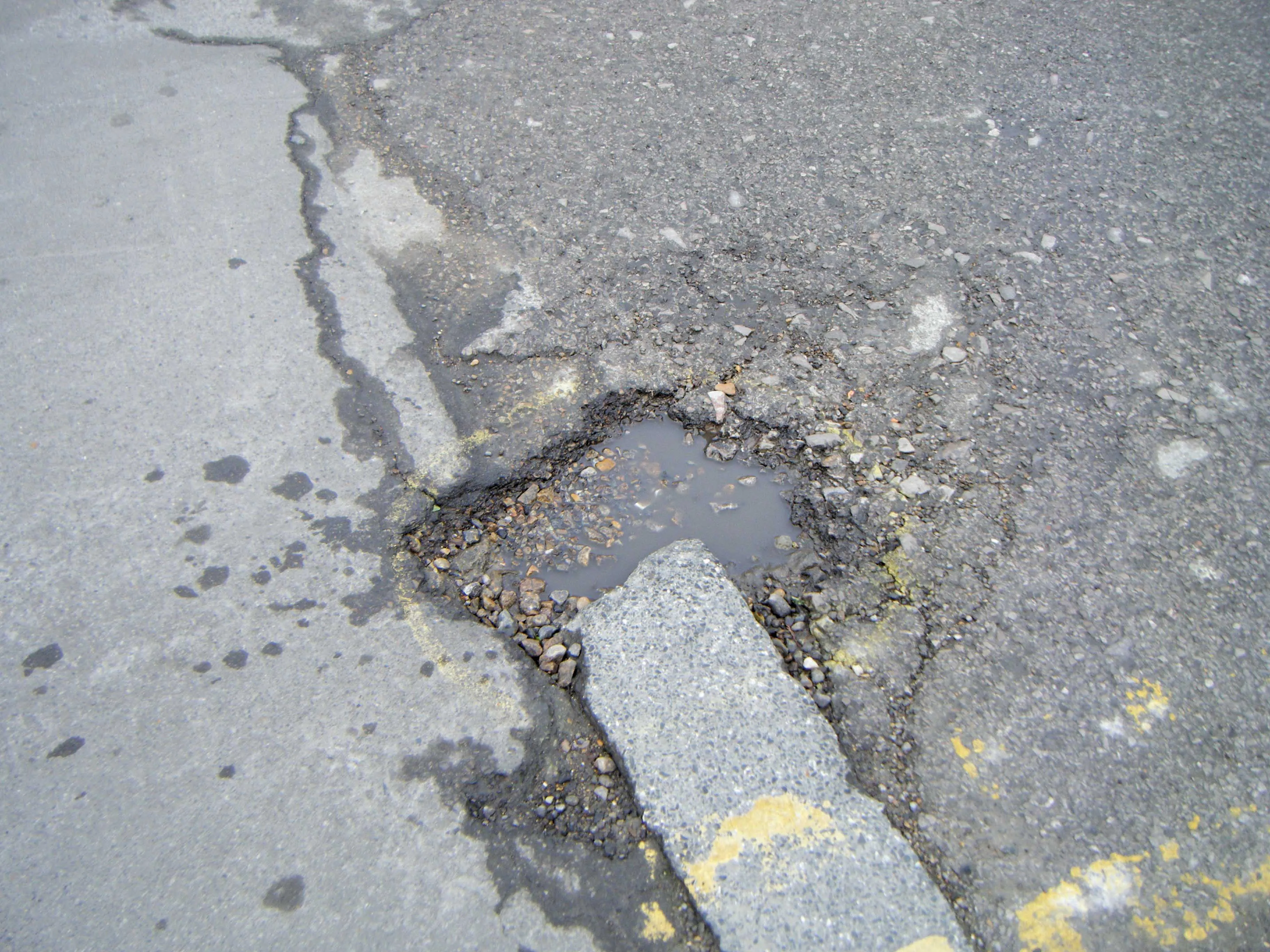Volvo Construction Equipment has joined the corporate advisory board of the World Green Building Council (WorldGBC).
Volvo CE said it will help develop future strategies for the WorldGBC that supports environmentally-friendly building methods.
The WorldGBC has member councils in 75 countries and provide intelligence and practical assistance to over 27,000 companies in the construction industry. It works with organisations to develop green-building action plans, reduce carbon emissions, and address iss
April 20, 2016
Read time: 2 mins

Volvo CE said it will help develop future strategies for the WorldGBC that supports environmentally-friendly building methods.
The WorldGBC has member councils in 75 countries and provide intelligence and practical assistance to over 27,000 companies in the construction industry. It works with organisations to develop green-building action plans, reduce carbon emissions, and address issues such as climate change.
An official signing ceremony took place at the recent bauma exhibition in Munich, Germany. At the exhibition, chief executive of the WorldGBC, Terri Wills, Volvo CE president Martin Weissburg, participated in a seminar, hosted by Volvo CE, that considered climate implications of major infrastructure projects.
“This is a further step in our long term commitment to lessen the environmental impact of our products and encourage the adoption of new technologies and best practices,” said Weissburg.
“As a committed leader in construction, quarrying and mining we have a responsibility to do our best to use the world’s natural resources wisely and reduce emissions. These are complimentary aims. There is no conflict between doing smart business and doing the right thing.”
Volvo’s own Construction Climate Challenge is an initiative launched and hosted by Volvo CE to promote sustainability specifically in the construction industry value chain. It aims to create a dialogue between industry representatives, academics and politicians, as well as providing funding for new research and sharing existing knowledge and resources to help the industry make a difference for generations to come.
For further information about the World Green Building Council, %$Linker:







